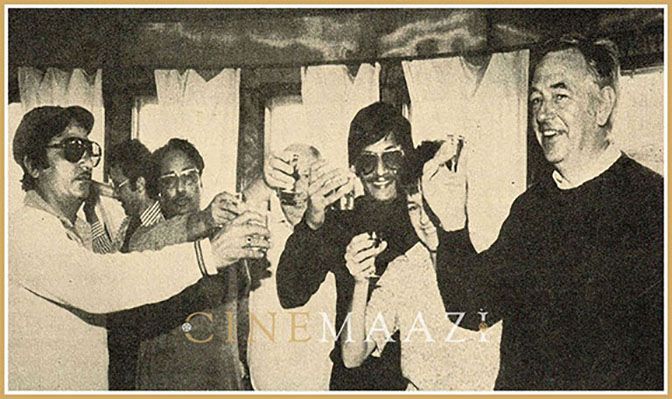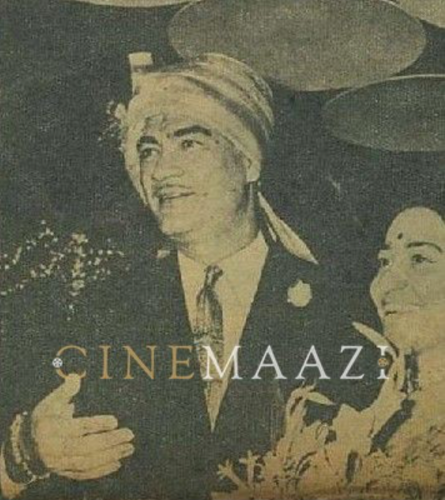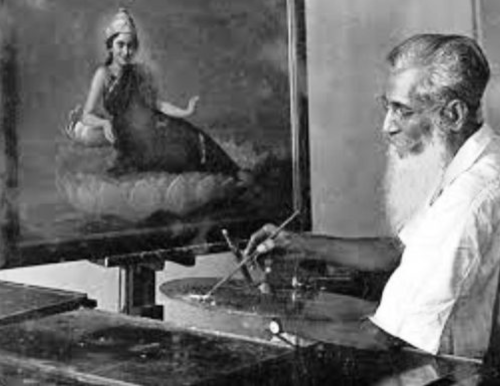History of Cinema, History of the Nation

The exhibition "60 Years of Soviet Cinema" was one of the highlights of the Moscow festival. In direct contrast to "50 Years of Indian Cinema" held in Bombay in 1963, this exhibition was not only well-planned but it provided a wealth of information about the development of Soviet Cinema right from the day Lenin signed the decree nationalizing the cinema industry on August 27, 1919. Aptly enough the motto of the exhibition was "The History of Cinema is the History of the Nation". Apart from extensive historic record displayed through photographs, magazines and books, one of the main attractions of the festival was the section devoted to film technology. It showed not only old antiquated cameras and other equipment as well as the latest equipment now in use but also innovates that give us a glimpse into the future. Here one could also watch films of different genre and technique being made, including cartoons. The exhibition is so good one hopes that Sovexportfilm will bring it to India. It would give a layman complete idea of the entire process of film-making in a very interesting manner.
The three day seminar was to have 46 speakers but not even half the numbers could speak. The platform was primarily occupied by directors like Bardem Wajda and Francesco Rossi. Out of them Bardem who won the gold prize for his political film "Seven Days in January" averred that though leftists like him were accused of making political films, all films were political though their approach was different. Wajda compared the relationship between the creative artist and the Government with that of the wife and husband who ma quarrel but cannot do without each other. With so many diverse attractions the attendance at the seminar was thin. Though four persons from India were expected to participate only Basu Bhattacharya succeeded in making his speech on the third day.
The Indian delegation, though it was big as usual, had its own problems. The first was created by Air India which cancelled a couple of its flights to Moscow during that period. As a result, the very first batch reached late. A nasty fall prevented Raj Kapoor from attending the opening ceremony. Satyajit Ray missed his flight and was not present at the closing ceremony to receive the award. The screening of competition films began on 15. And as it was the Indian Independence Day the Indian entry was shown. Mrinal Sen was not present then or even on the next day to answer queries from Press. Arun Mukerji had to answer all questions about "Parashuram".
(1).jpg)
Some of us like Amol Palekar and Romu Sippy had a chance to meet director Emil Lotanou. His film "Gypsy Camp Vanishes into the Blue" had a successful run in Bombay. We were also keen to meet his young and beautiful wife Galina Balyaeva who as Ogla has given a memorable performance in "Hunting Accident" also directed by Lottanou. During the talk the director said the origin of gypsies was India. They went to Europe from here. Even now their language bears a resemblance to Indian languages. It would be worth one's while to make a film on gypsies, showing how and why they migrated to Europe from India - a worthy idea for a co-production.
This article was published in Filmfare magazine’s December 16-31, 1979 edition written by V P Sathe.
The images and captions appeared in this feature are from the original article.
About the Author






.jpg)


